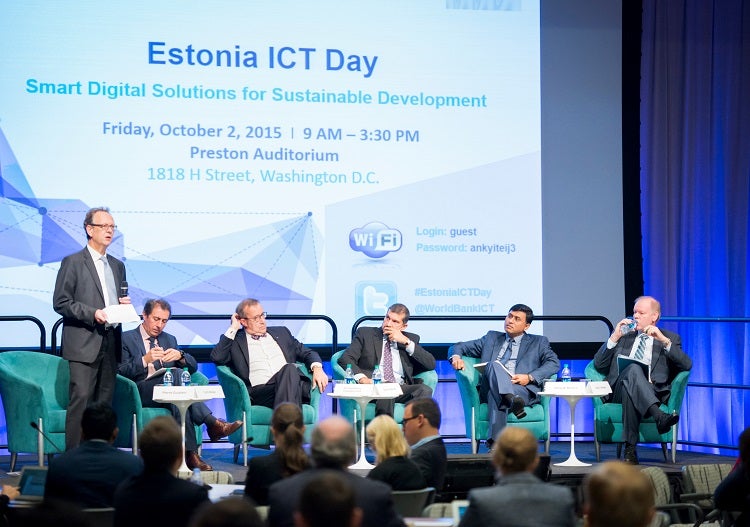
With the recent adoption of the Sustainable Development Goals at the 70th United Nations General Assembly, it has been widely acknowledged that digital technology, the data revolution and the spread of broadband coverage will play a central role in accelerating data collection and measuring progress on the SDGs, as well as enabling governments to improve their decision-making capabilities, and delivery of critical services.In other words, digital innovation will be critical for achieving the SDGs. And if countries are focused on following a sustainable development path, they will have to get serious about reaping the digital dividends from the use of information and communication technologies.
The good news is that this is already happening. Digital technologies and data analytics, for example, have been used effectively to address the Ebola crisis in West Africa; and mobile phone networks have brought modern banking to unserved populations throughout the developing world.
These new technologies are empowering people – most notably the rapidly growing youth population – and creating new opportunities for alleviating poverty and boosting economic growth.
It is in this context that a couple of weeks ago we hosted at World Bank headquarters a one-day event titled “Estonia ICT Day –Smart Digital Solutions for Sustainable Development”.
Estonia’s digital leadership

In recent years Estonia has emerged as one of the world leaders in introducing innovative digital initiatives especially for the public sector. The Estonian government is probably more “on-line” than any other government in the world, with over 3000 online-services available and accessible for citizens, companies and government agencies at any given moment. This has been based on public sector-led innovations that include the X-Road interoperability platform, unique e-ID been issued to every single citizen, and, most recently, its unprecedented e-residence initiative.
Estonian citizens now enjoy the benefits of e-government solutions: from voting in elections sitting in their living rooms to filing income tax returns in just five minutes, and registering businesses in under 20 minutes.
The reason behind that pursuit has been first and for all not necessarily a grand design, but the fact that e-services are more effective, cheaper and transparent, stressed the President of Estonia, His Excellency Toomas Hendrik Ilves, at the event. He pointed out that the Internet can be a powerful force for better governance and transparency, and an essential tool to foster freedom of information. In this area, Estonia has definitely led the way. President Ilves has again impressed us with his strong grasp and passion for digital transformation agenda. Estonia is lucky to have such strong digital leadership at the very top which has probably been the most critical success factor so far.
Estonia’s emergence as one of the global digital leaders, which started when the small country was still a middle-income country, should indeed be a story of great inspiration to other countries. At the World Bank, we look forward to collaborating with the government of Estonia in advancing knowledge in the area of Digital IDs, cyber security and digital government by facilitating peer-to-peer learning between Estonia and our client countries.
Digital Dividends
Looking forward, the World Bank will share its own thinking on these topics through the 2016 World Development Report (WDR) on Digital Dividends. This flagship report, to be launched in January, examines how the internet and other digital technologies can catalyze sustainable development.
The WDR report also explores the internet’s impact on social and economic opportunity, and on the efficiency of public service delivery. It aims to help countries better leverage the Internet for development by identifying policy reforms in the information and communication technology sectors to translate the potential of technologies into tangible benefits for all, particularly the poor.
To achieve greater impact on this front, the World Bank’s Transport and ICT Global Practice has established knowledge partnerships with various countries leading the digital agenda such as Korea, Israel, Finland, New Zealand and Singapore, so we can provide cutting edge advice and experience to our client countries.
These are certainly exciting times to unleash the full potential of information and communication technologies for sustainable development. With an ever expanding portfolio of ICT engagements (estimated total value of $9 billion as of June 2015), the World Bank has been an active player in the field of digital innovations for development for over 20 years now.
And today, we stand ready to keep helping countries better connect, innovate and transform their governments and economies for the benefit of all, but particularly the poorest.


Join the Conversation